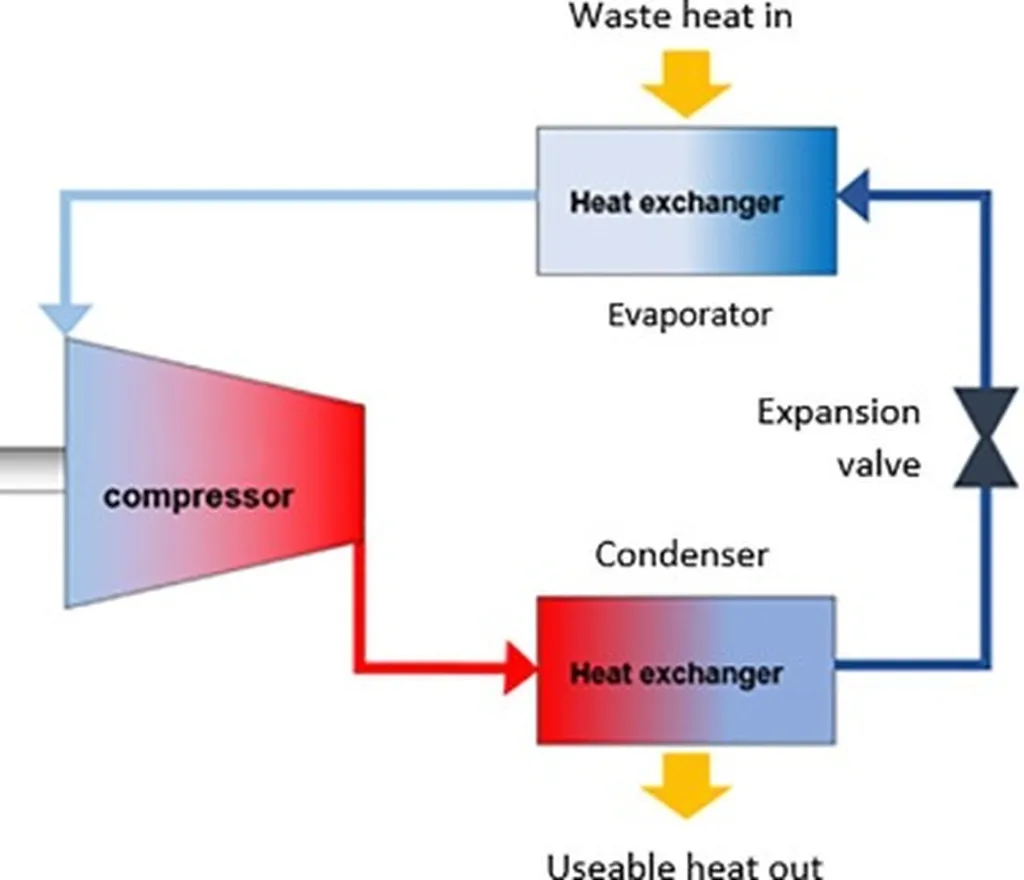In a world where energy demands are escalating and sustainability is no longer optional, a groundbreaking study published in the journal *Frontiers in Energy Engineering* offers a beacon of hope. Led by Val Hyginus Udoka Eze, this research delves into the transformative innovations in thermal energy systems (TES), bridging traditional and emerging technologies to pave the way for a sustainable energy future.
Thermal energy systems have long been the backbone of global industrialization and power generation, but their reliance on finite fossil fuels and low conversion efficiencies has taken a toll on the environment. “The urgency for sustainable, efficient, and low-carbon alternatives has never been greater,” Eze emphasizes. His study systematically reviews advancements in TES over the past two decades, highlighting the role of digitalization and hybridization in optimizing performance.
The research, which analyzed 163 peer-reviewed articles, reveals substantial progress in TES modernization. Digital tools, including artificial intelligence (AI), machine learning (ML), Internet of Things (IoT), and digital twin technologies, have enabled real-time optimization, predictive maintenance, and adaptive control. These innovations have improved system efficiency by 20%-35% and reduced downtime by up to 40% in pilot projects.
One of the most promising developments is the integration of waste heat recovery technologies. Organic Rankine cycles (ORCs) and thermoelectric generators (TEGs) have achieved energy recovery efficiencies exceeding 80% for low- to medium-grade heat streams. This not only enhances energy efficiency but also significantly reduces greenhouse gas emissions.
Moreover, modular and containerized TES solutions have demonstrated effectiveness in decentralized applications. In agriculture, these technologies have reduced post-harvest losses by up to 30%, and in sub-Saharan Africa, they have improved vaccine cold chain reliability by over 50%. The integration of TES with electrochemical storage and green hydrogen pathways further positions these systems at the core of multi-vector decarbonized energy platforms.
Eze’s study underscores that the future of TES will be defined by interdisciplinary research and development, advanced material innovation, and supportive regulatory frameworks. “Hybrid renewable integration and digitalization are central to achieving Paris Agreement goals, enhancing energy security, and promoting global energy equity,” he notes.
The transition toward intelligent, low-carbon thermal networks reflects not only technological evolution but also a paradigm shift essential for long-term sustainability. As the energy sector continues to evolve, the insights from this research will undoubtedly shape future developments, driving us closer to a sustainable and energy-efficient future.

